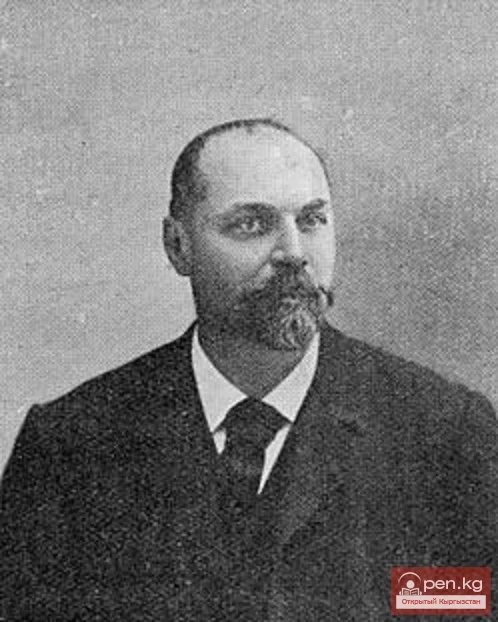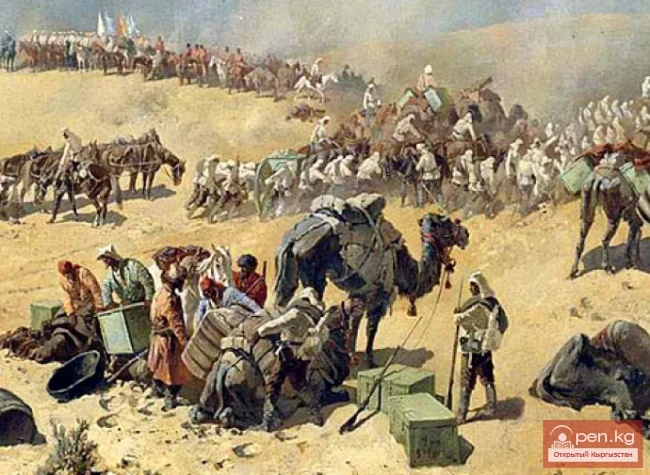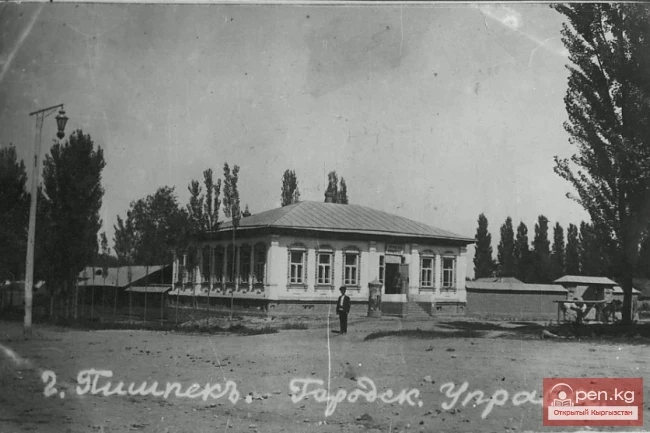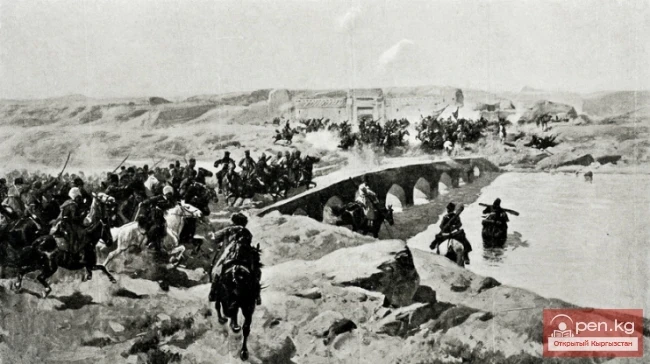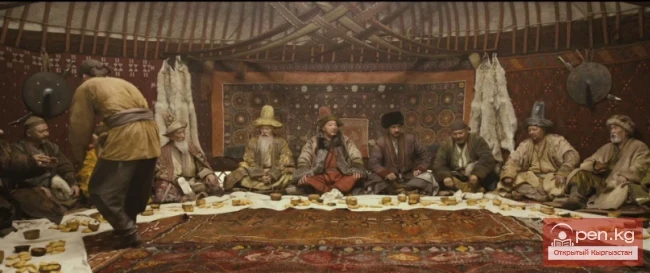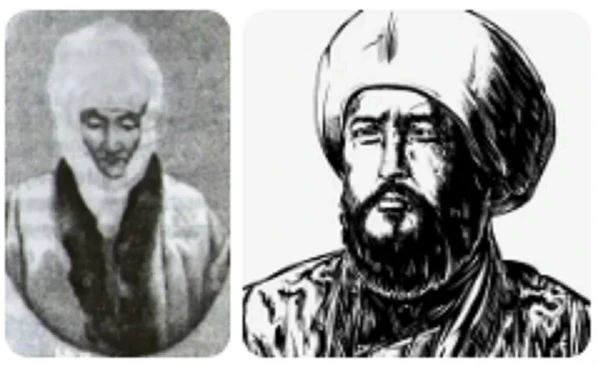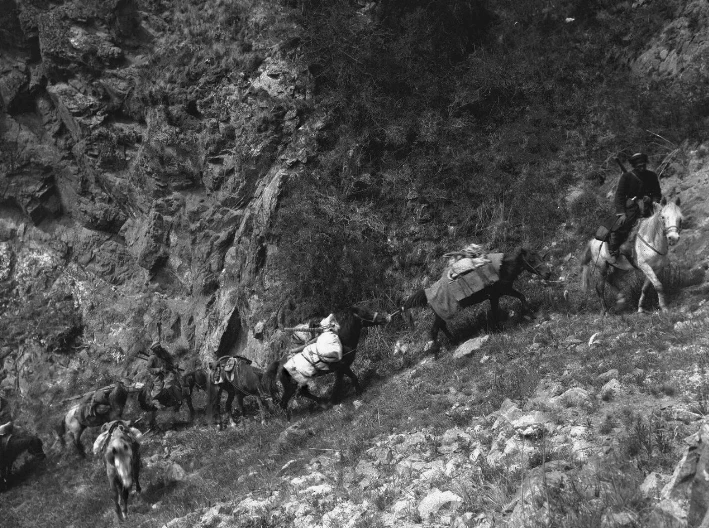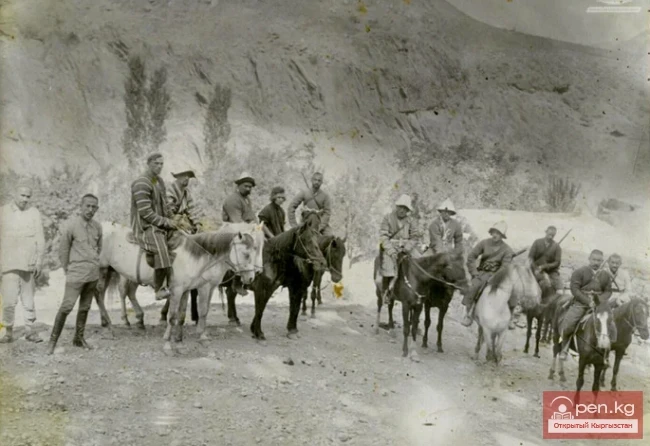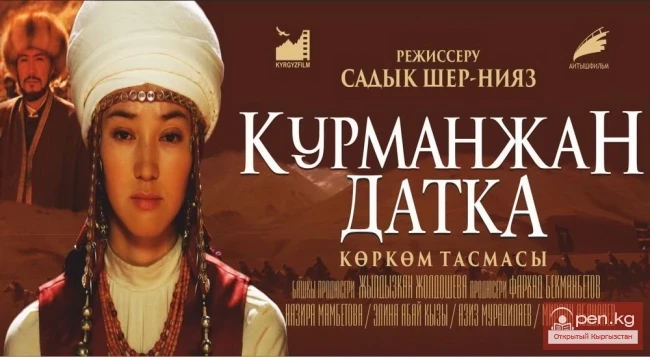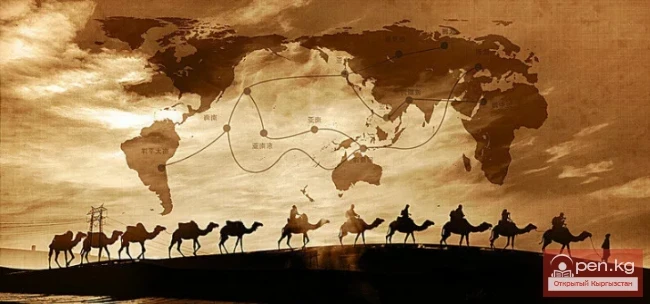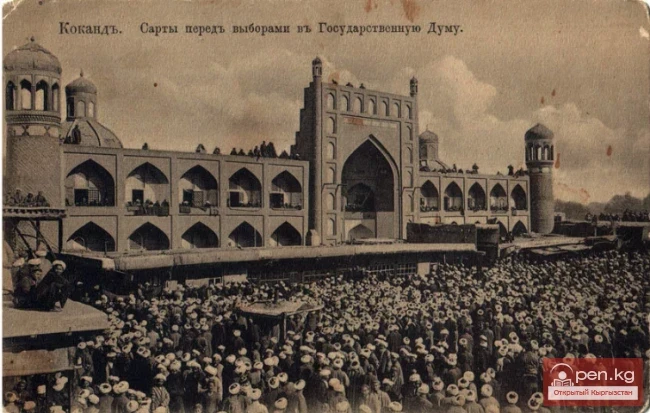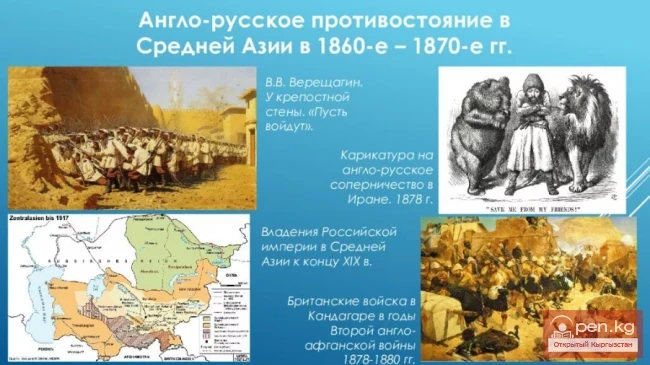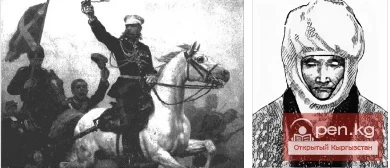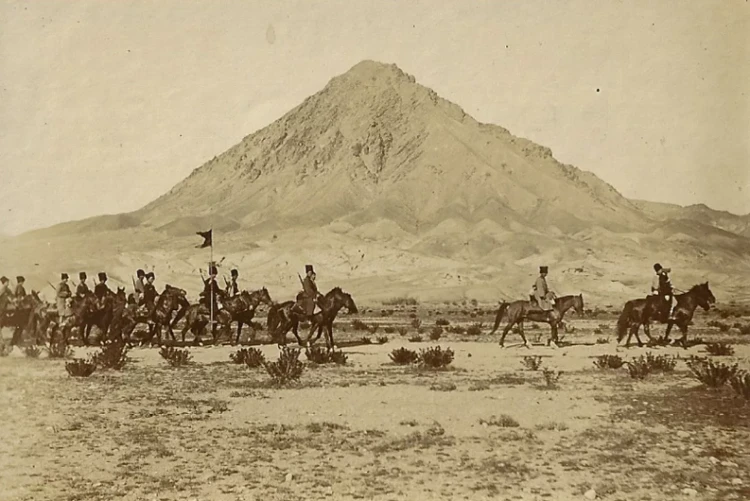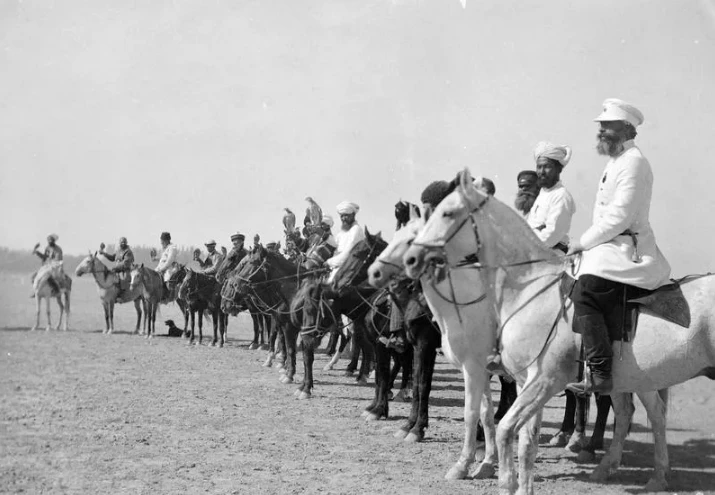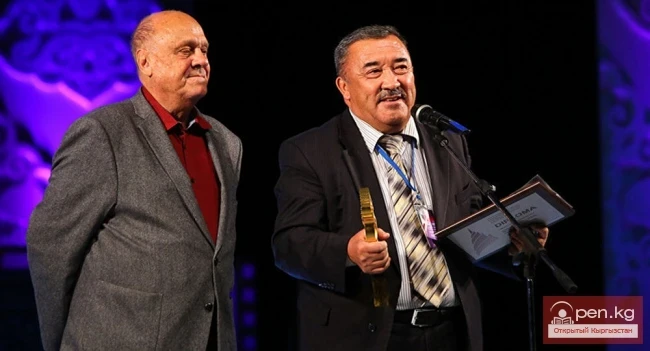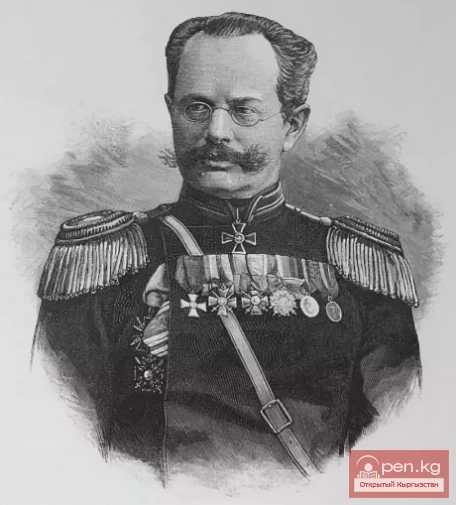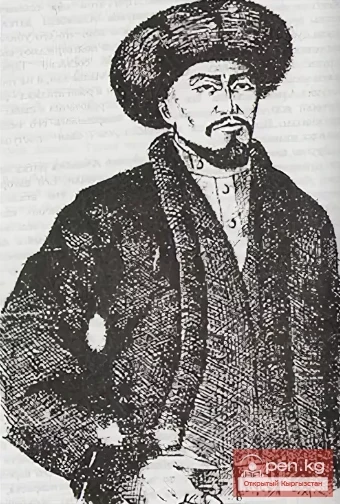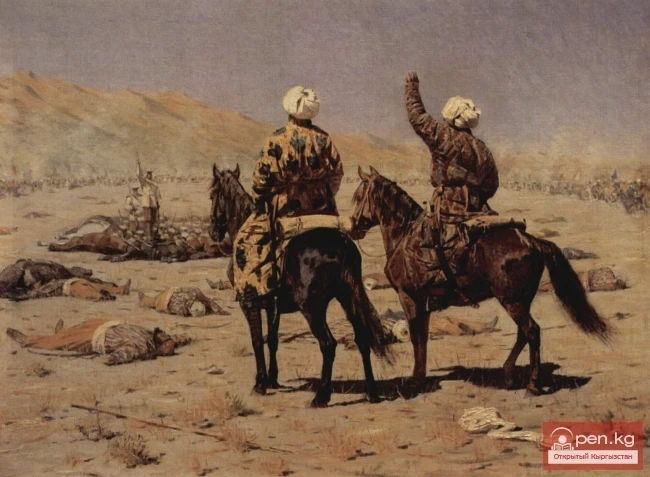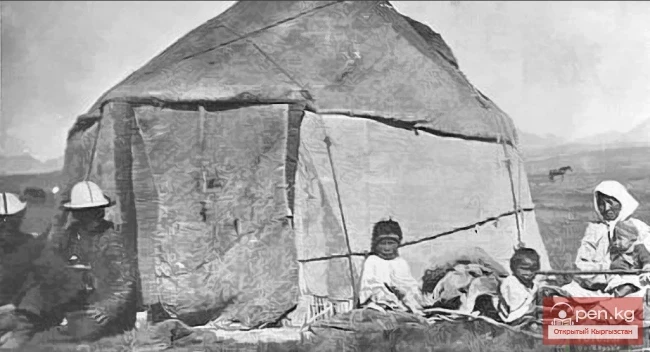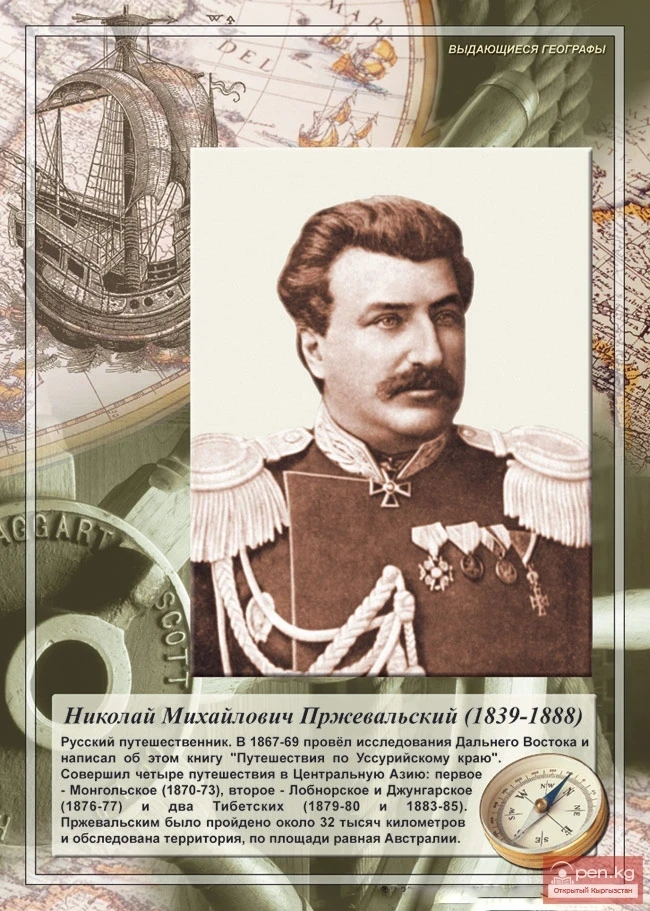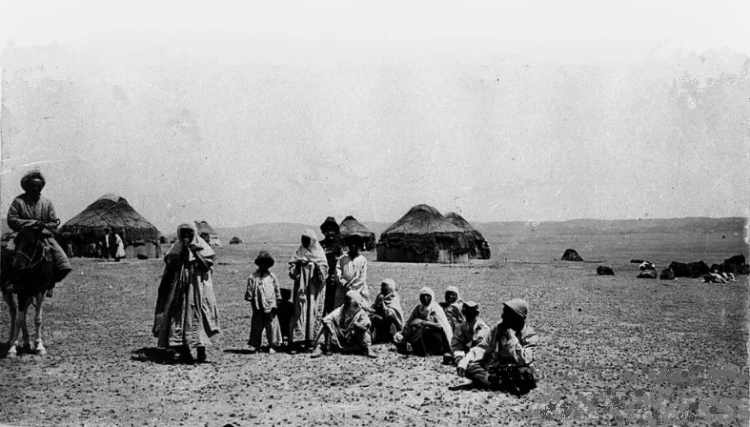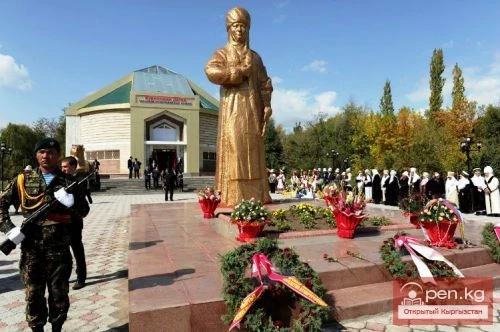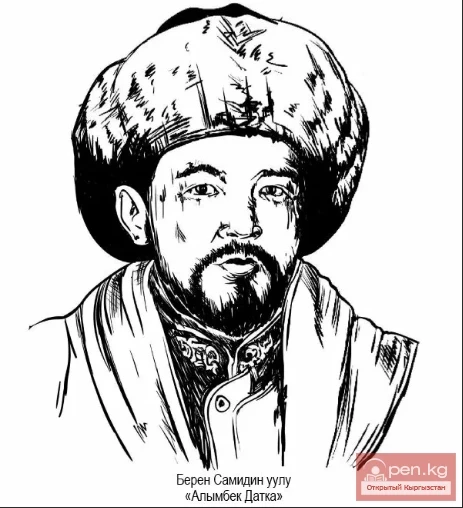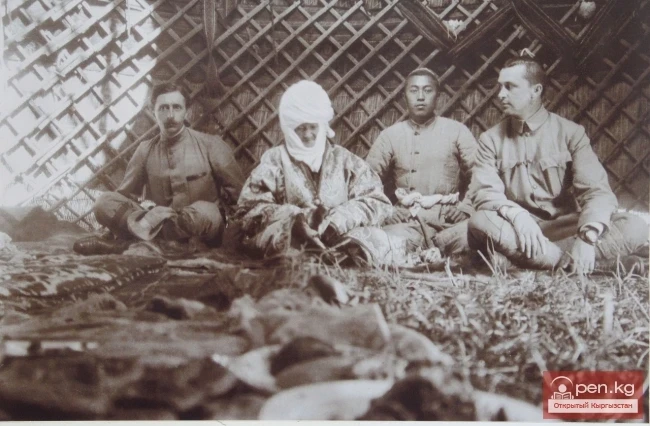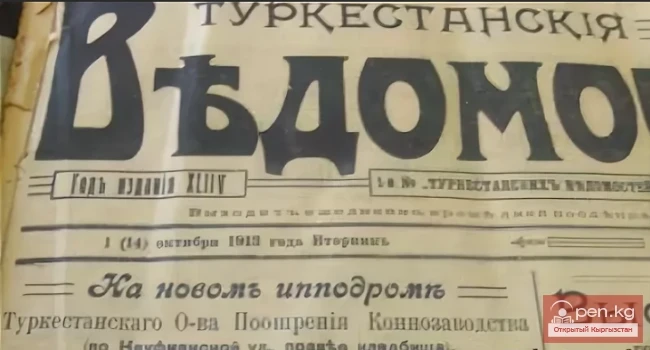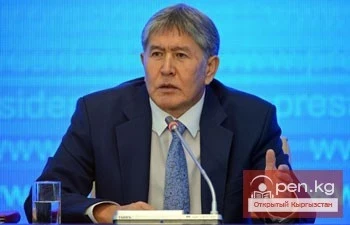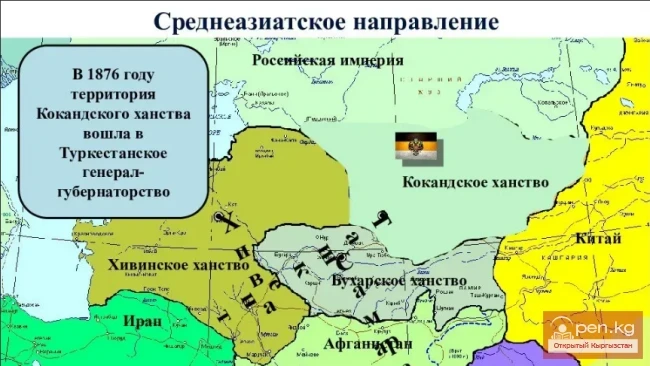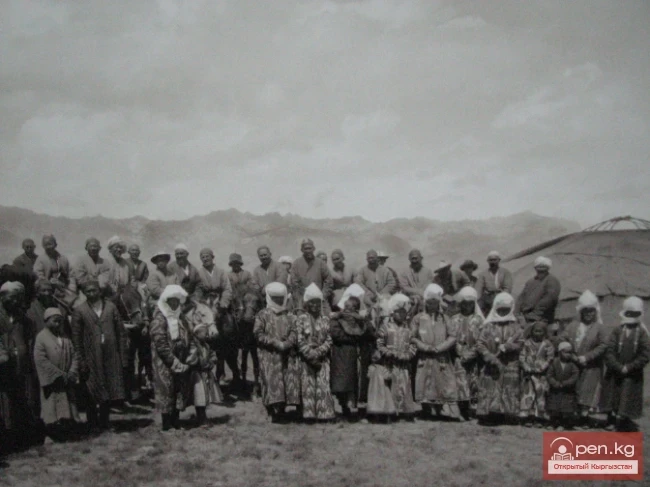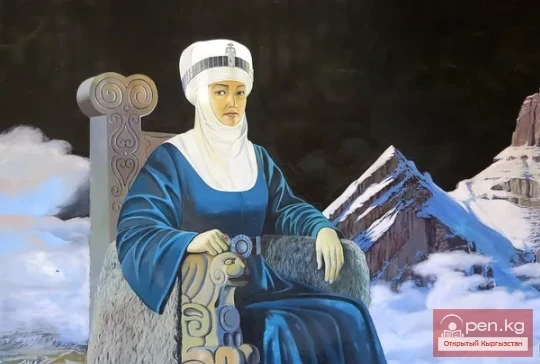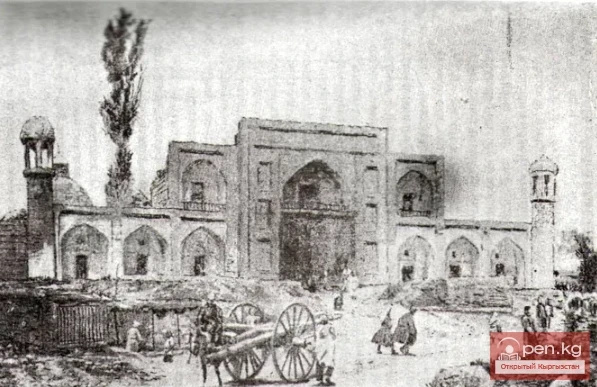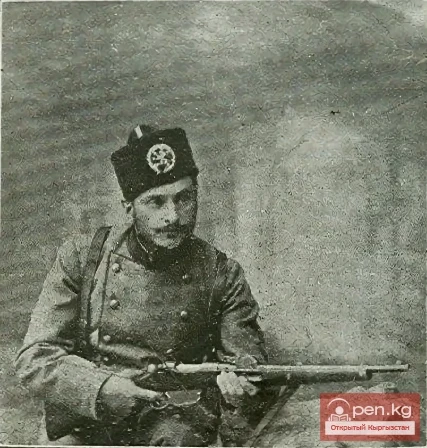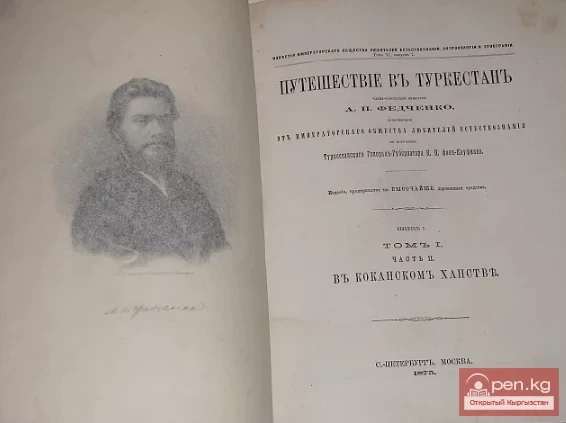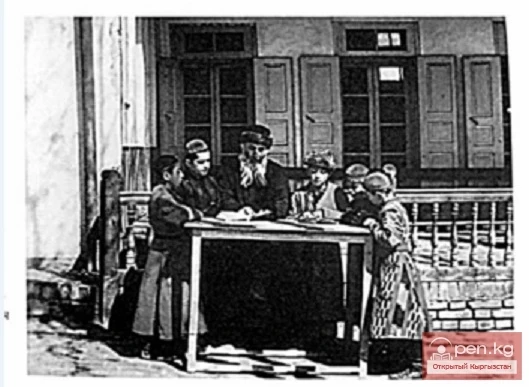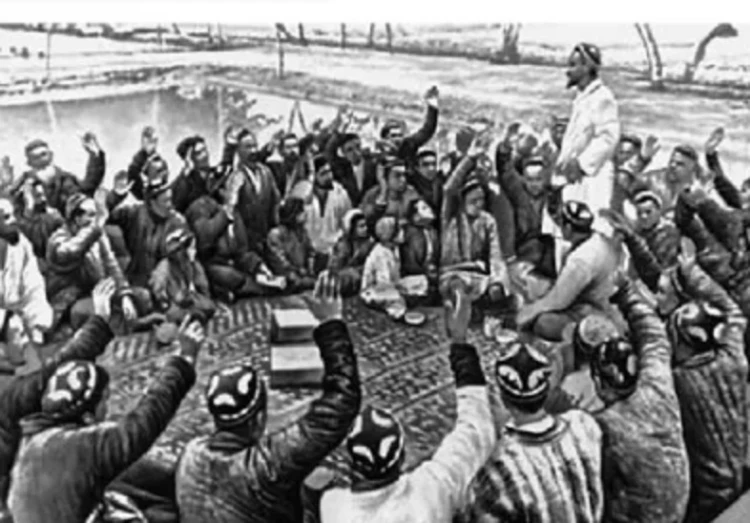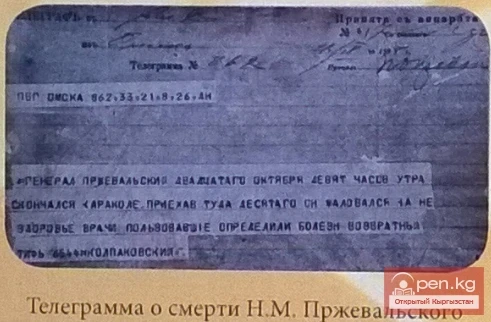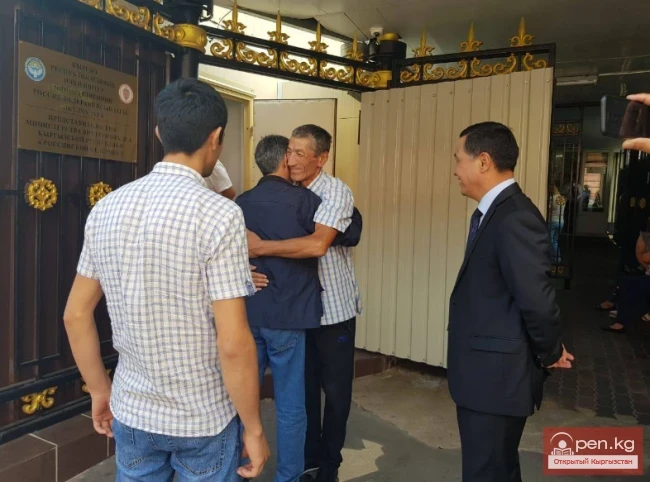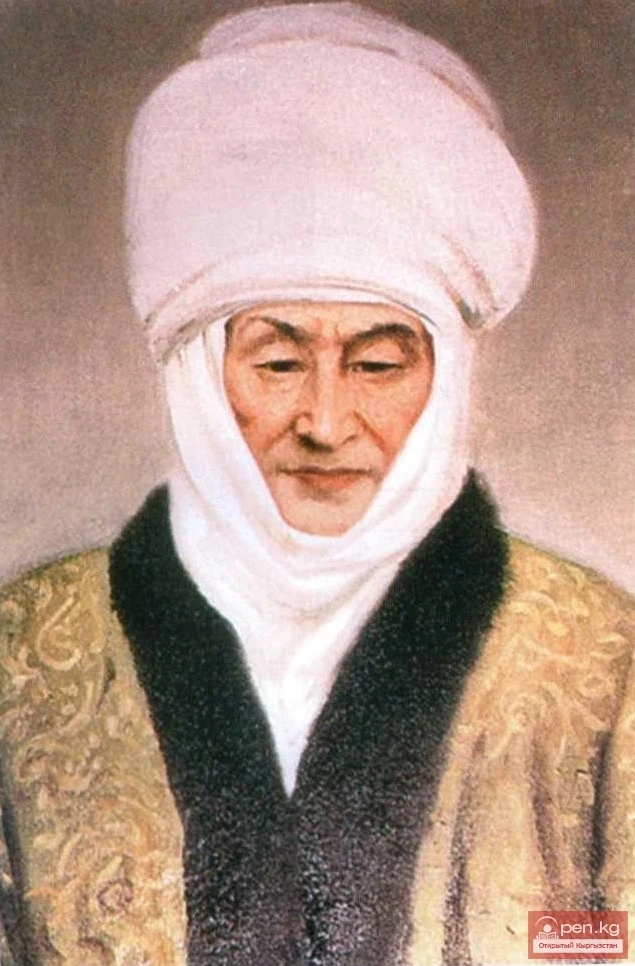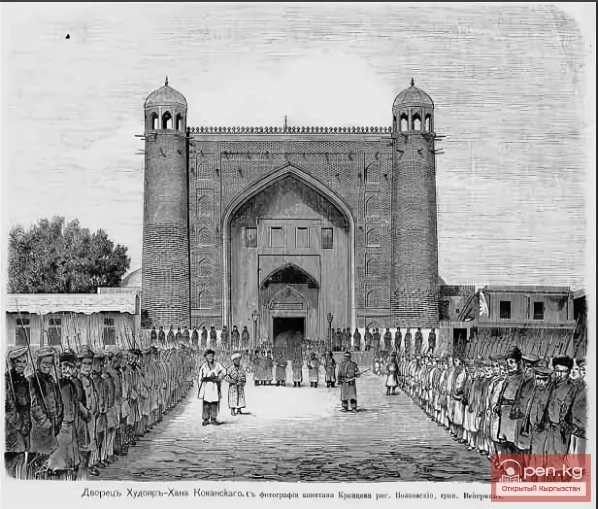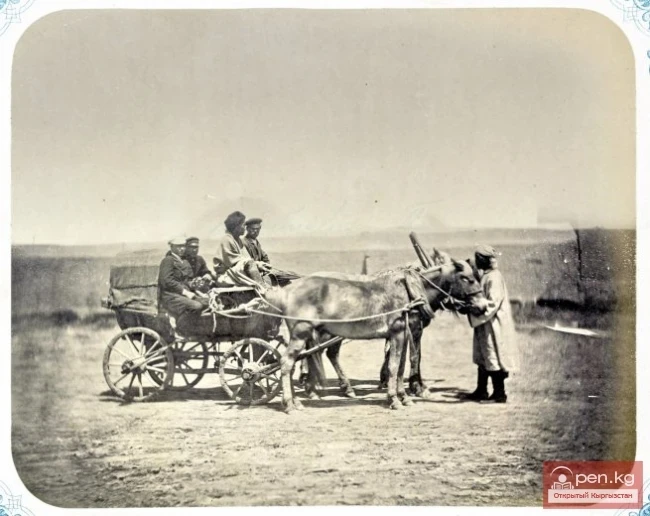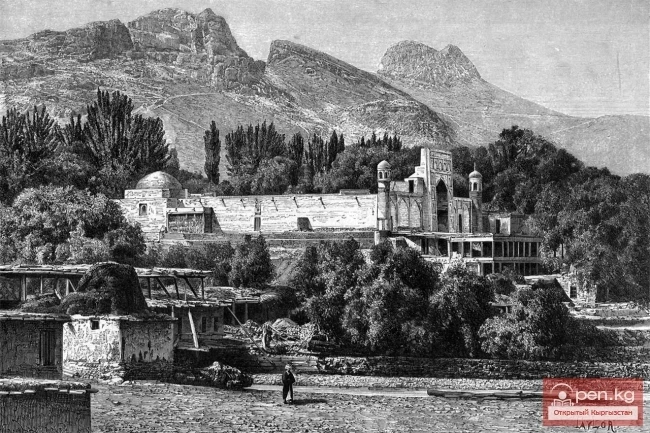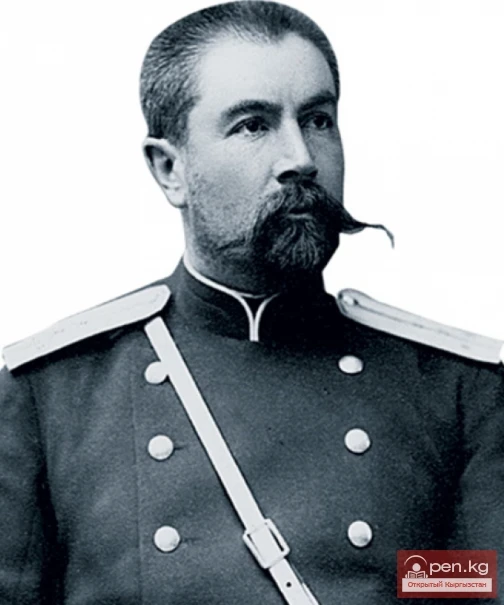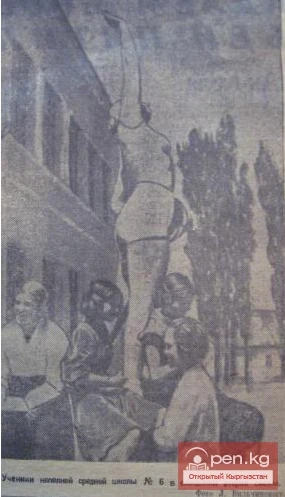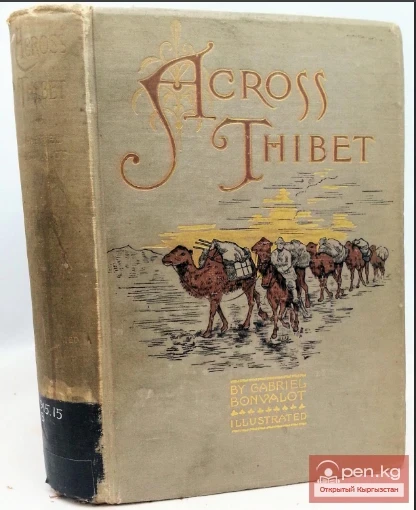
ALIEN FROM ANOTHER WORLD
However, the Russian reader was informed about some of the Frenchman's adventures in Central Asia even a bit earlier than his compatriots. This is because shortly after G. Bonvalot returned to his homeland in 1888, an article titled "Expedition to Northern India" was published in the 22nd issue of the newspaper "Turkestanskie Vedomosti," which was published in Tashkent that year. In this article, the author noted that the great traveler was helped to overcome a difficult stretch of the journey by "the Kyrgyz Governor in Osh," namely, Kurmandzhan Datka.
But let’s not get ahead of ourselves and start from the beginning. It is worth reminding that at that time, the Asian continent represented a stage for the long-standing confrontation between two colonial powers - England and Russia. As our contemporary, British researcher Peter Hopkirk, rightly points out in his book "The Great Game Against Russia," the expansion of the borders of the Russian Empire to the east after the fall of the Kokand Khanate seriously alarmed its long-standing geopolitical opponent. One of the influential British politicians of that time, Lord MacGregor, raised alarms about a possible Russian invasion of India. According to P. Hopkirk: "MacGregor argued that the Indian army was neither quantitatively nor qualitatively capable of resisting such an attack. He stated that 'only certain actions taken by the British and Indian governments could make Russia understand the hopelessness of invasion.' The fact is that the territory of Eastern Turkestan played one of the main roles in the strategy of Anglo-Russian geopolitical confrontation. According to Russian political scientist E. Garbuzarova: 'The task of both powers was to prevent each other from seizing Eastern Turkestan. They aimed to use its territory as a military-political springboard. For the Russian Empire, the main goal was to ensure stability in the Central Asian khanates that had already come under its influence, while Britain sought to maintain territorial balance or even increase it to its advantage. For the British government, the geopolitical significance of Eastern Turkestan lay in its location, as by strengthening its positions there, it could extend its influence into Central Asia to counter the Russian Empire.'
It must be assumed that not only scientific interests prompted the French government to send G. Bonvalot on a dangerous expedition. Its leader, along with his companion, researcher and young botanist at the time, Guillaume Capus (1857-1937), "...made numerous ethnographic observations on the life and customs of the peoples of Turkestan, including the Kyrgyz. It is noteworthy that they also acted as the first researchers of Kyrgyz musical culture."
As G. Bonvalot himself admitted: "Central Asia has always attracted my imagination. This land is woven from contrasts and contradictions. ... Traveling through these places, you can walk through ancient cities, where life is still bustling, and stumble upon the ruins of ancient settlements." In the author's opinion, "this picture involuntarily suggests that it was here that human civilization was born, from here began the great migrations of peoples, this land became the cradle of many human discoveries and achievements." His goal was to see with his own eyes the grandeur of ancient Central Asia. But upon arrival, we encountered a reality that was as stunning as the history of this continent."
Acknowledging the ethnic diversity of the local population, the researcher reminds the reader that all conquerors passed through these lands: Greeks, Arabs, Romans, which is why the inhabitants have the blood of many nations flowing in their veins. Among the ethnic groups that amazed Bonvalot on his journey in the footsteps of Alexander the Great, Arabs, and other conquerors, were the Kyrgyz. As the traveler writes, his team encountered "...this ancient people, who settled here many years ago ... in this harsh land and constantly nomadic, like a fragment of a huge ship in a boundless ocean."
Interestingly, the author of the travel notes clearly sympathizes with the Russians. According to him, the members of the expedition arrived in the region "...at a time when Russia had just conquered Central Asia. A stream of settlers from the Volga and Dnieper poured in, encouraged by the tsarist government. They immediately began to cultivate the land, as they were mostly peasants. We traveled along the roads where columns of soldiers moved, heading to build canals, roads, and bridges; these were lean, restrained, disciplined people, who did not know fatigue, marching to the accompaniment of balalaikas and accordions. It seemed that these soldiers were born for battles in such a harsh climate. Times had changed; now they were the masters in the former empire of the Tatar-Mongols, who once conquered half the world. The Russians do not waste their strength; they move forward with irresistible determination and measured, yet endless energy." Noting the success of the Russian colonial administration in establishing order in the occupied territory, the Frenchman could not hide his admiration: "... mutual respect, tolerance, and fair treatment of each other became the norm of life." However, he made this with the following caveat: "Frankly speaking, the population of Central Asia is not spoiled; if you collect taxes fairly, they do not need anything more."
As G. Bonvalot noted, the activity of the Russians in the East instilled "...great anxiety in those who are on the other side of the mountains - the English, who at that time dominated in India. Now they have to make greater efforts to maintain their influence. They understand that they cannot afford to make mistakes in this great game of great powers, and for some time now, they have constantly had to be on edge." The author defined the place in this duel for a "third party" - the natives: "As for the local population, most simply watch the game of the competing powers with curiosity, without expressing their preferences."
By the time G. Bonvalot visited this region, even in the territory of still independent local states, there was a greater influence of Russia than of England, which the author also noted. Such was the Asia that appeared before the traveler’s eyes when he encountered a reality that was as stunning as the history of this continent.
Meeting of Gabriel Bonvalot with the Sons of Kurmandzhan Datka
